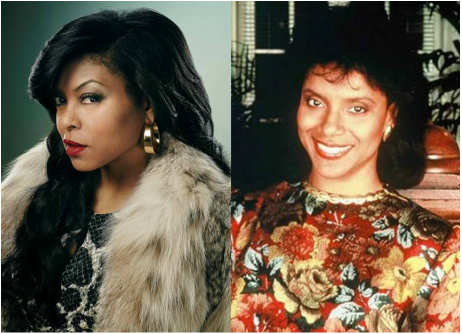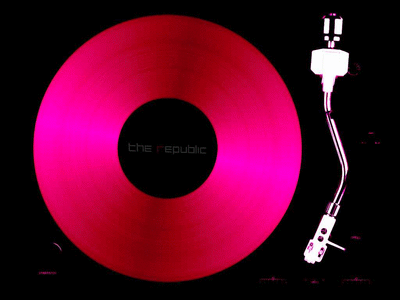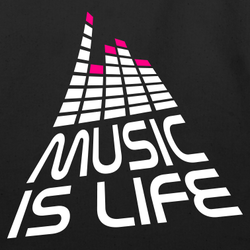 L-R Actresses Taraji P. Henson & Phylicia Rashad
L-R Actresses Taraji P. Henson & Phylicia Rashad Racial minorities are still so stifled and underrepresented in mainstream television and film, that it's news to have a show like Empire (that also has a black director & co-creator) doing this well in primetime. Due to this issue, every program with a minority-preponderant cast (or even a lead like Scandal) that seeps through the cracks and soars has the responsibility of being a cultural envoy. The general feeling is if there are going to be few images of us, let those images be powerful, positive, truthful, propel our people forward and counter what those other people (i.e. racist whites) say we are. The thing is, opinions differ on what picture should step to the podium. For instance, The Cosby Show (1984-1992) uplifted many and broke the mold with its then-rare depiction of a united, middle-class black family, but was accused of avoiding candid discussions about race and not being relatable enough to the mass of broken and/or impoverished families. Despite assimilation being a focal point of Anthony Anderson's Black-ish, it's similarly charged with being sanitized, unrealistic and/or "white-washed." Conversely, Empire's been called stereotypical , "ghetto" and a disservice to the community, while supporters applaud its commentary on black familial taboos (ex. mental disorders & homosexuality) and are thrilled that characters from what's usually relegated as subversive counterculture are capturing America. When my father saw a trailer for Empire, he asked "Why does it have to be around the hip-hop industry? Why couldn't it be oil? That's [hip-hop] all black folks know how to do." What?! 1st of all, oil's already been done with Dallas. 2nd, when have you seen a hip-hop drama? 3rd, you didn't say "that's all white folks know how to do" when the country-centralized Nashville (a show he loves, by the way) premiered. I've heard and read other comments and questions like "Why did the Lyons have to come from the streets?," "Why does Cookie have to be so unrefined?," "Black-ish is too white," "Empire's a poisonous bad example," "There aren't enough series like Black-ish" and "There aren't enough series like Empire." Ugh! Why do we have to be so all-or-nothing, one-or-the-other with our media?!
You want truthful portrayals? Well, the truth is that there are thousands of black families (and many a rap mogul) from low-income neighborhoods that have engaged in criminal activity to attain resources for survival, but there are also many who live in suburbia. There are women like Clair Huxtable (The Cosby Show) and women like Cookie Lyon. I don't see why they can't co-exist on television like they do in real life. In my opinion, what's in the best interest of our culture as it relates to entertainment is to not operate in extremes. One of the multiple reasons it was (and is) so important to us to be onscreen, behind-the-camera and level the playing field in Hollywood is so we can display our talent, tell our stories and show who we really are, so let's create and accept broader characterizations and castings that reflect the vast collection of experiences, shapes, sizes and colors we have. No part of our kinship should be denied from seeing themselves on television; there's enough of that going around without us perpetuating it. Not only is variety more accurate to life, but it facilitates in contesting stereotypes and can demonstrate to our community that they can be flexible and that life isn't a stringent caste-system. There needs to be a balance. For every Clair, let there be a Cookie, and for every Clair and Cookie, let there be a Hannah Montana, "best of both worlds" persona or someone altogether different (ex. Annaliese Keating of How to Get Away with Murder).


 RSS Feed
RSS Feed